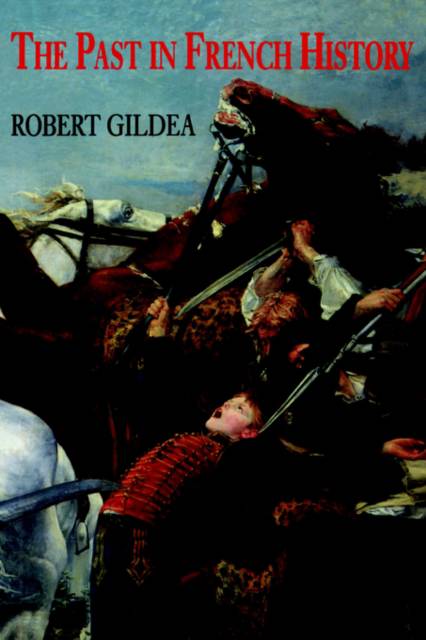
- Retrait gratuit dans votre magasin Club
- 7.000.000 titres dans notre catalogue
- Payer en toute sécurité
- Toujours un magasin près de chez vous
- Retrait gratuit dans votre magasin Club
- 7.000.000 titres dans notre catalogue
- Payer en toute sécurité
- Toujours un magasin près de chez vous
Description
This fascinating book examines how the past pervades French public life, how the French both commemorate their past triumphs, heroes, and martyrs and attempt to erase the more violent events in their history. The book surveys the ways that various political communities in France during the past two centuries have manufactured different versions of the past in order to define their identities and legitimate their goals. Beginning with a discussion of the bicentenary of the French Revolution in 1989, Robert Gildea moves backward in time to show how rival factions have used various elements of French political culture--from the grandeur of the ancien régime to Catholicism, Jacobinism, Anarchism, and Bonapartism--to further their ends. Gildea shows how proponents of revolution and counterrevolution, church and state, centralism and regionalism, and national identity and nationalism campaigned to achieve the widest possible acceptance of their own view of the past. He describes the continuing battle between Left and Right for association with national heroes such as Joan of Arc and Napoleon. He exposes the reworking of collective views of the past by political communities, in order to increase or recover political legitimacy. Written in clear and trenchant prose, the book offers a new perspective on French history and political culture.
Spécifications
Parties prenantes
- Auteur(s) :
- Editeur:
Contenu
- Nombre de pages :
- 432
- Langue:
- Anglais
Caractéristiques
- EAN:
- 9780300067118
- Date de parution :
- 24-04-96
- Format:
- Livre broché
- Format numérique:
- Trade paperback (VS)
- Dimensions :
- 153 mm x 232 mm
- Poids :
- 594 g







